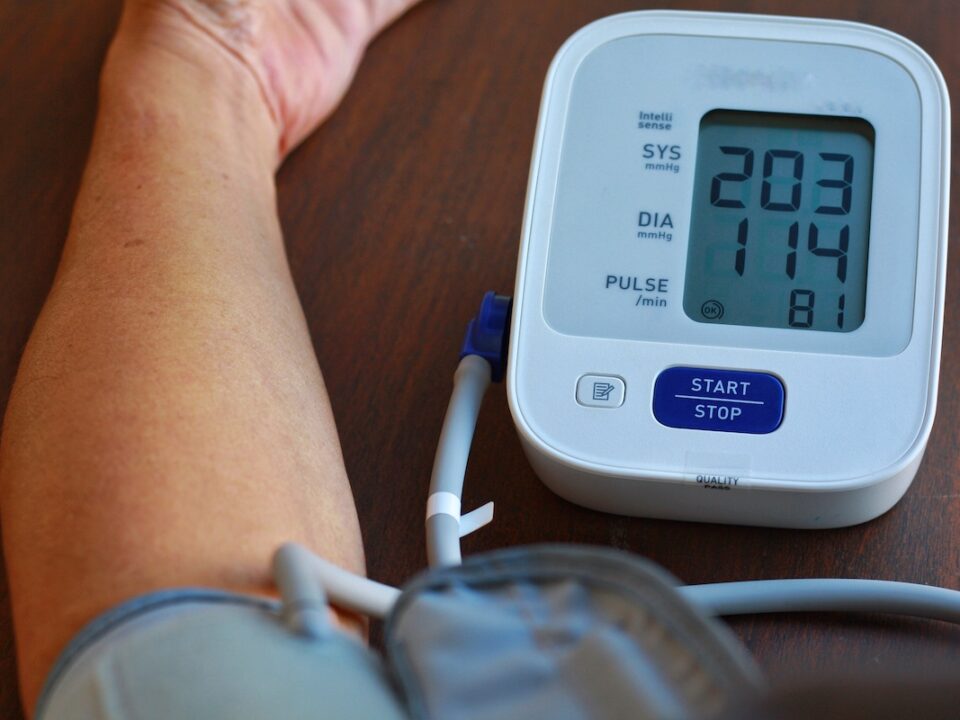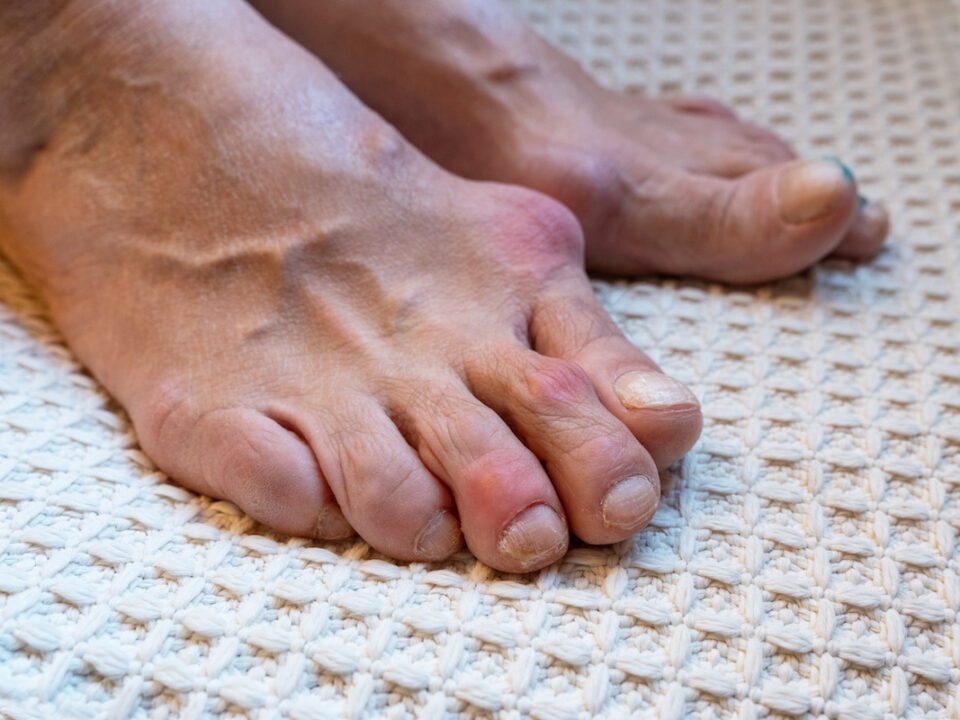The Power of Vitamin D for Good Health
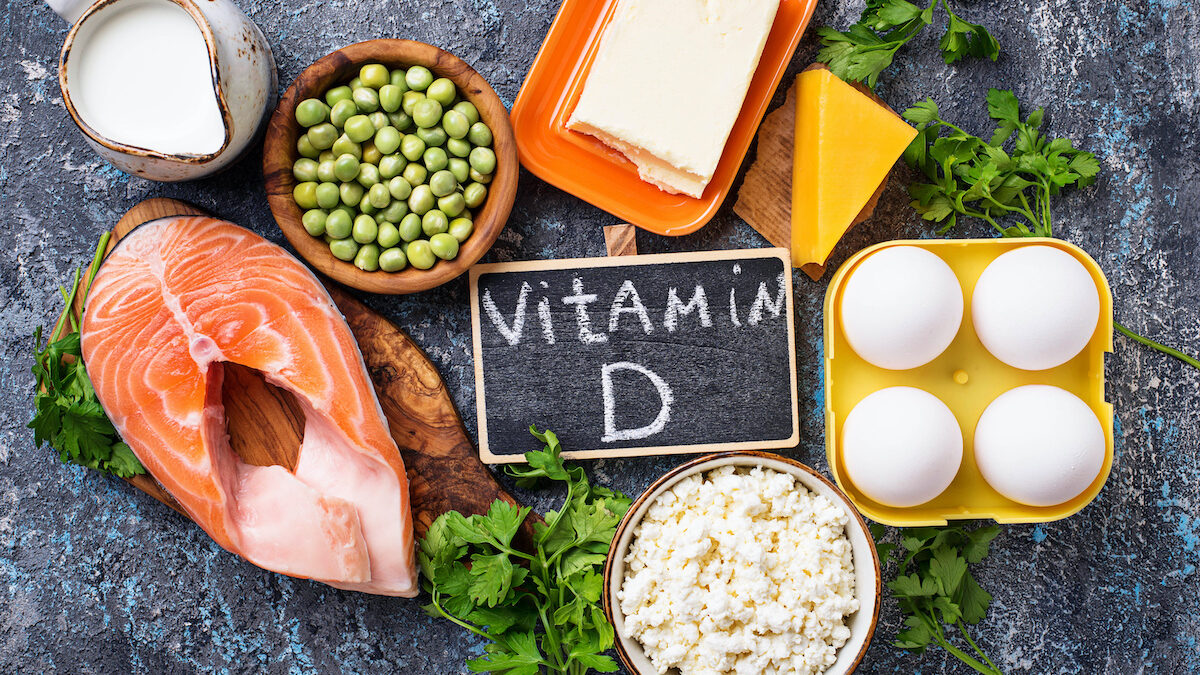
Just because you live in a Southern state doesn’t mean you’re getting plenty of sunshine and the amount of Vitamin D you need for good health. It’s quite possible to have low Vitamin D, and even a deficiency, which can create health problems.
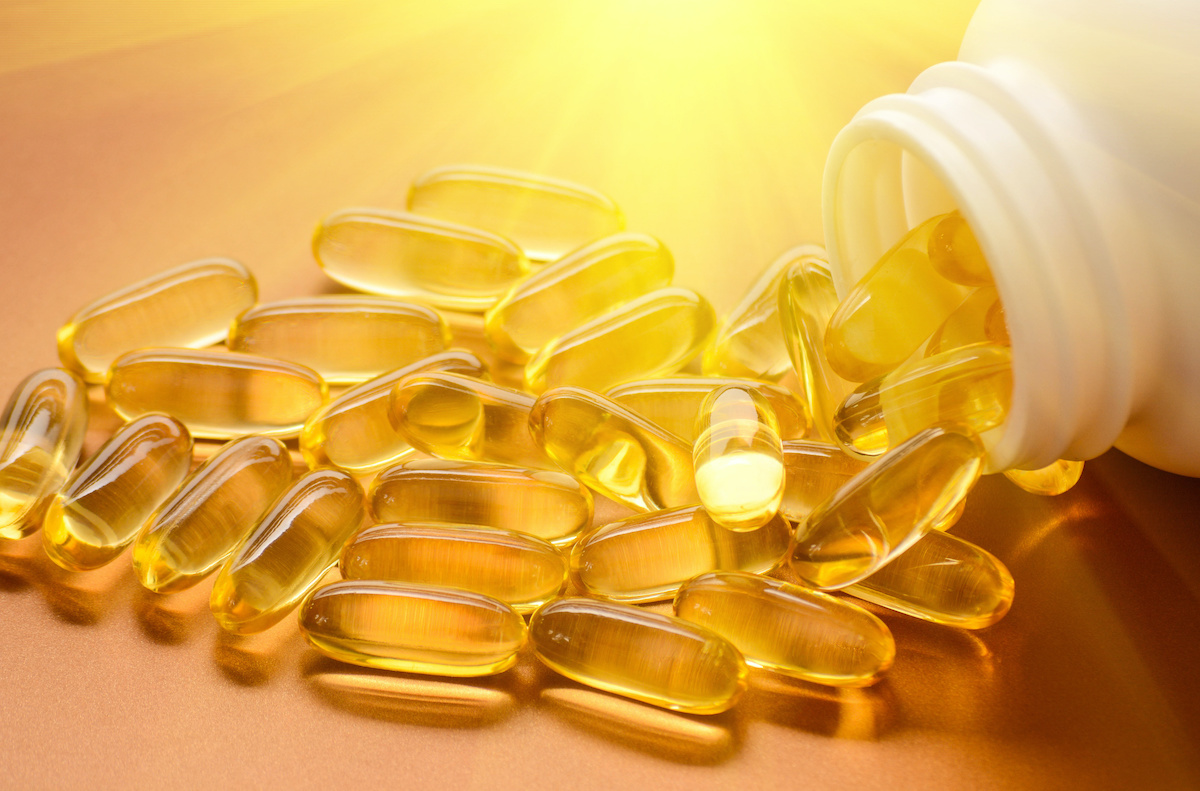 Every tissue in the body needs vitamin D, yet a large percentage of the world’s population is deficient, or borderline deficient. Even a mild deficiency can contribute to chronic and autoimmune diseases such diabetes, cardiovascular disease, depression, cancer (including ovarian, colon, and breast), multiple sclerosis, and psoriasis. A vitamin D deficiency can cause osteopenia, osteoporosis, increased risk of fracture, sunken pelvis (due to rickets), and affect the functioning of the immune system.
Every tissue in the body needs vitamin D, yet a large percentage of the world’s population is deficient, or borderline deficient. Even a mild deficiency can contribute to chronic and autoimmune diseases such diabetes, cardiovascular disease, depression, cancer (including ovarian, colon, and breast), multiple sclerosis, and psoriasis. A vitamin D deficiency can cause osteopenia, osteoporosis, increased risk of fracture, sunken pelvis (due to rickets), and affect the functioning of the immune system.
What is Vitamin D, exactly? What is its job in the body?
Commonly referred to as the “sunshine vitamin,” Vitamin D is actually a steroid hormone that is essential to the human body. So it is necessary to maintain your body’s vitamin D levels.
Vitamin D has the following actions in the body:
- Acts as a catalyst for processes that protect the cells
- Regulates levels of calcium and phosphate
- Acts as a catalyst in muscle contraction
- Works with the parathyroid gland to manage the absorption of calcium by communicating with the kidneys, gut, and skeletal system
When calcium intake is insufficient, or vitamin D is low, the parathyroid glands will ‘borrow’ calcium from the bones in order to keep the blood calcium in the normal range. This is what can lead to fractures, osteoporosis, and kidney disease.
Having sufficient Vitamin D level has also been shown to protect the heart, may help treat diabetes, and boost the immune system. In fact, in the age of coronavirus, it is recommended to take a Vitamin D supplement as early research has shown it may offer some protection against infection. Check with your doctor for the latest information about this.
 Why are people low or deficient in Vitamin D?
Why are people low or deficient in Vitamin D?
Throughout evolution, sunlight has always produced vitamin D in the skin because people spent so much time working and recreating outdoors. Flash forward to the Industrial Age: With the invention of electricity, more jobs moved indoors. Sunblock was invented in response to increasing skin cancer rates. Exercise moved into gyms. These and other factors such as changes in dietary intake of dairy foods, brought about decreases, in some cases drastic decreases, in levels of Vitamin D in the blood.
How do I know if I have a Vitamin D deficiency?
Vitamin D deficiency is recognized by a few symptoms including:
- Fatigue
- Bone pain
- Muscle weakness, muscle aches, or muscle cramps
A blood test is required to detect Vitamin D levels. Your doctor can order one and will assess whether you have low levels or a deficiency.
How much Vitamin D do I need?
The recommended daily intake (RDI) for vitamin D recently tripled, going from a 200 IU (5 mcg) for adults up to 50 years of age to 600 IU (15 mcg) for those 1 to 70 years of age, based mainly upon bone health research. You may need more, or less, depending upon your age, activity level, climate where you live, diet and lifestyle habits, and amount of time spent outdoors in direct sunlight, and other personal health factors.
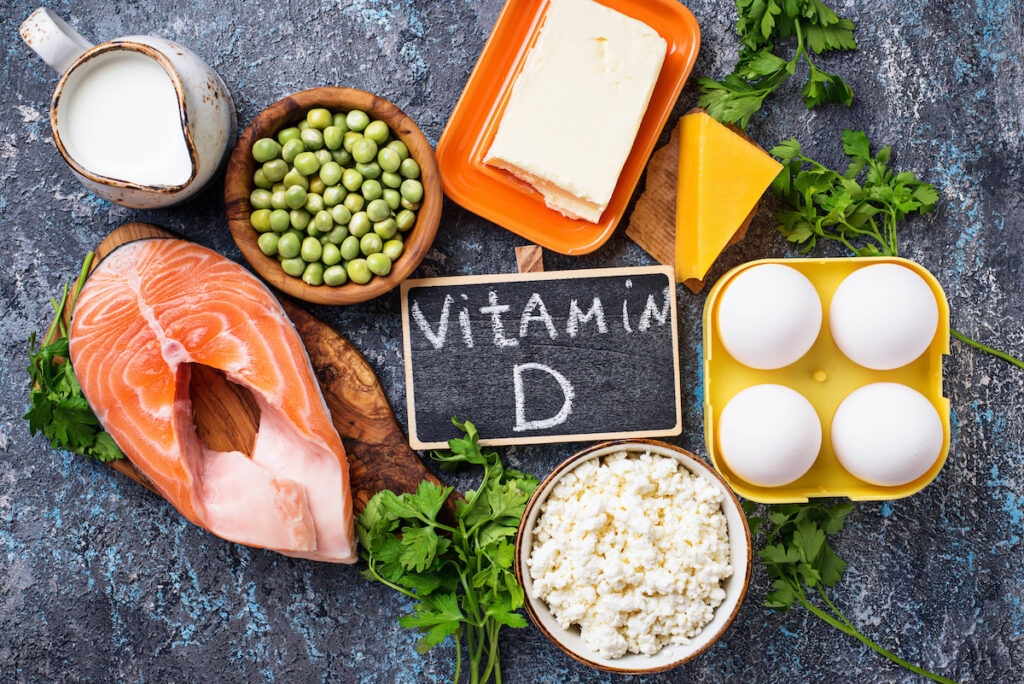
How can I boost Vitamin D naturally?
If you’re looking for a vitamin D boost, try eating fatty fish, mushrooms, liver, egg yolks, milk, and yogurt. Most importantly, get plenty of direct sun exposure. For most people that will mean 15 minutes of direct sunlight on the skin for about 15 minutes several days per week.
What form of Vitamin D is best for nutritional supplement?
Of the six forms of vitamin D, vitamins D2 and D3 have been identified as the most important for human nutrition. Vitamin D2 predominantly comes from the sun and fungi, such as mushrooms. Vitamin D3 can be produced in the body from the absorption and conversion of the sun’s UVB rays. Most doctors recommend a D3 supplement.
If you are concerned that your vitamin D levels are not up to par, speak with Hillandale’s friendly medical staff about an assessment and individualized plan.
Resources
JAMA Network. “Sorting out whether Vitamin D raises COVID-19 risk.”
Holick, M.F., “Sunlight and vitamin D for bone health and prevention of autoimmune diseases, cancers, and cardiovascular disease.” The American Journal of Clinical Nutrition, (1 December 2004) 80: 6,–1688S.
Grassroots Health. “VitaminD*Action” brochure.
NIH.gov “Vitamin D Fact Sheet for Health Professionals.”
U.S. Department of Health and Human Services. National Institutes of Health, Office of Dietary Supplements. “Vitamin D Fact Sheet for Health Professionals.” November 10, 2014.

